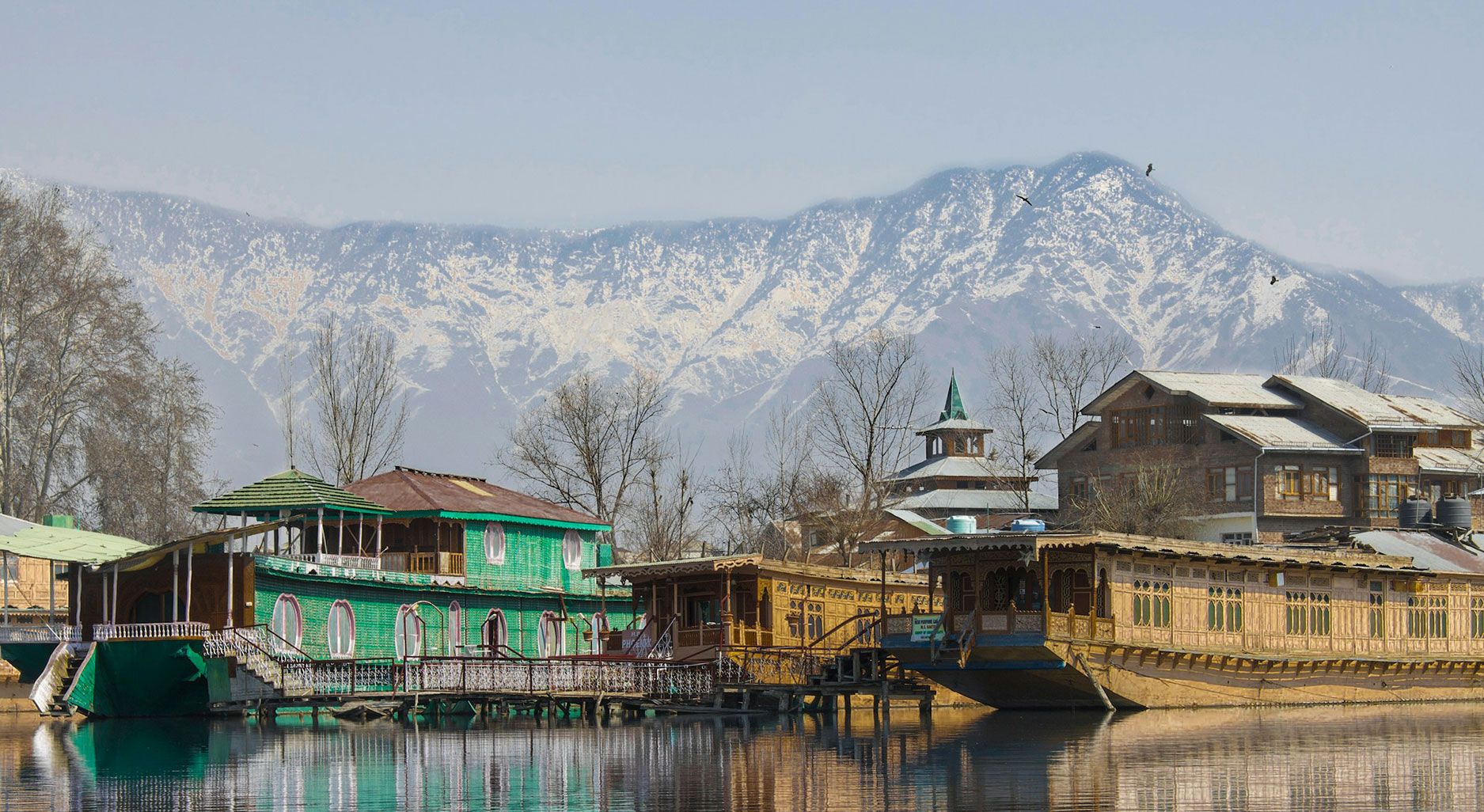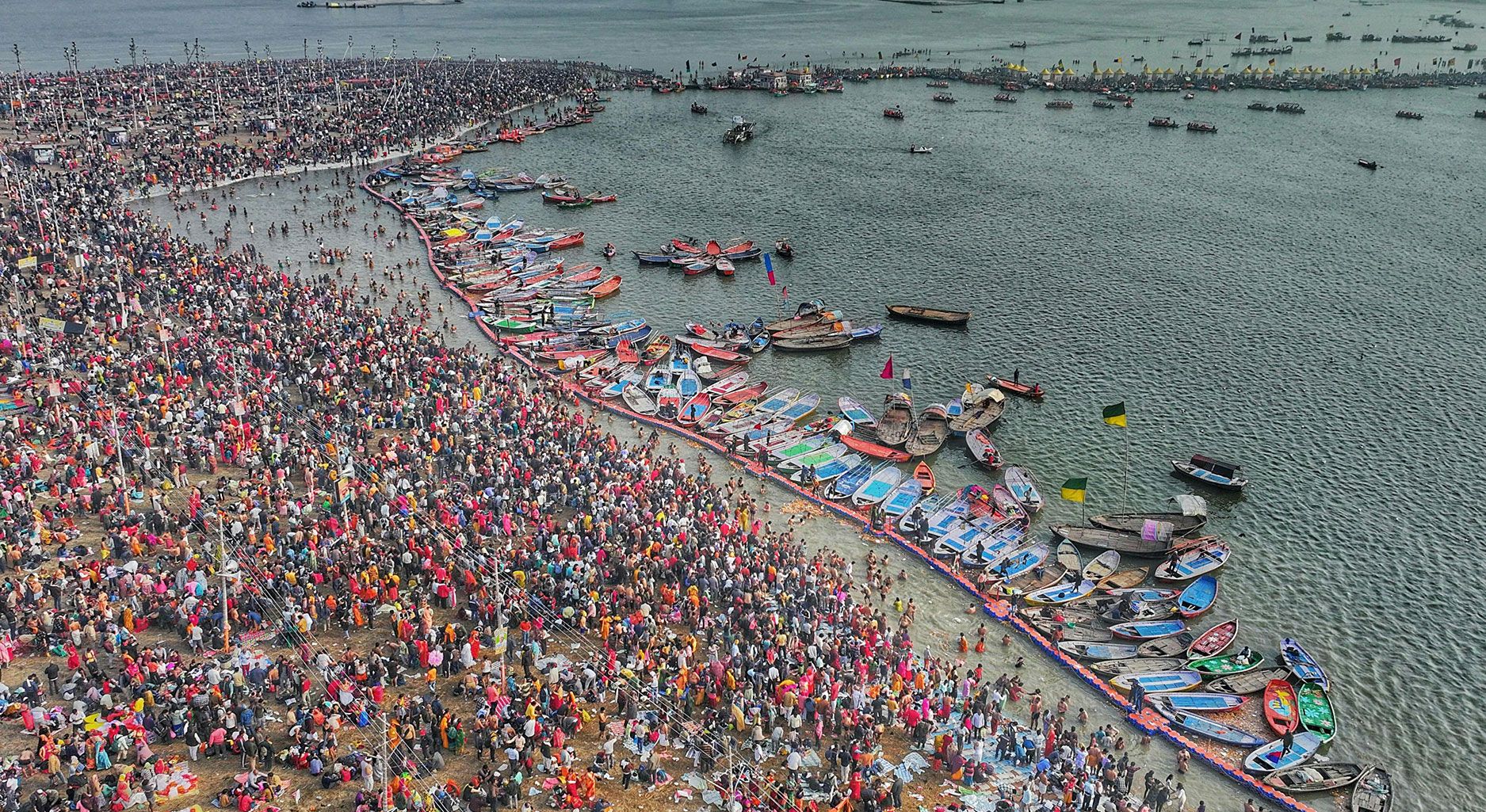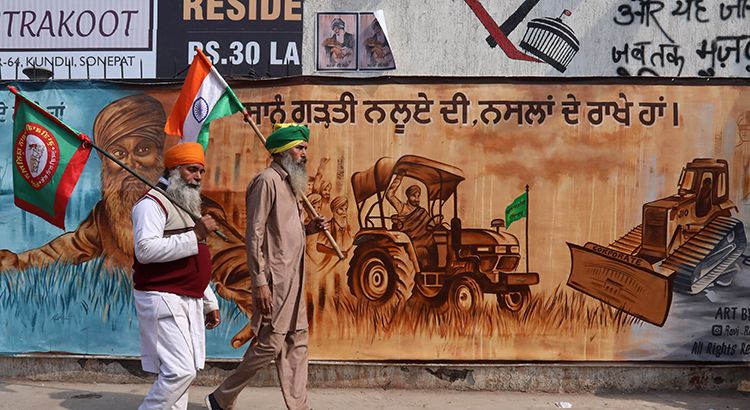Terrorist Attack in Baisaran Valley: Ramifications on India’s Domestic Politics
On April 22nd, terrorists targeted tourists in Baisaran Valley, Kashmir, India, resulting in the deaths of 26 people. Since the attack, tensions between the two nuclear-armed neighbors have escalated. India and Pakistan have fought multiple wars over the disputed territory of Kashmir, which both countries claim. This article will examine the political ramifications within India, particularly through the lens of right-wing discourse. It will contextualise the multiple dynamics of the terrorist attack on India’s secularism and diversity, as the majoritarian political ecosystem constructed and weaponised narratives for ideological and political advantages.


